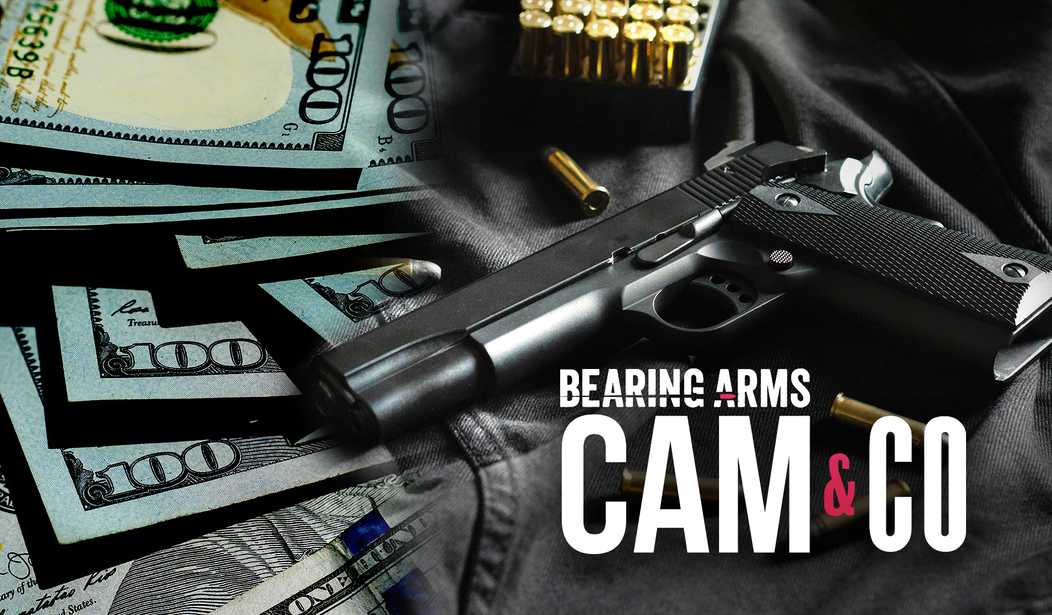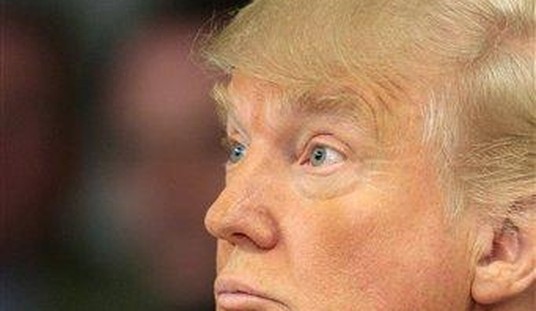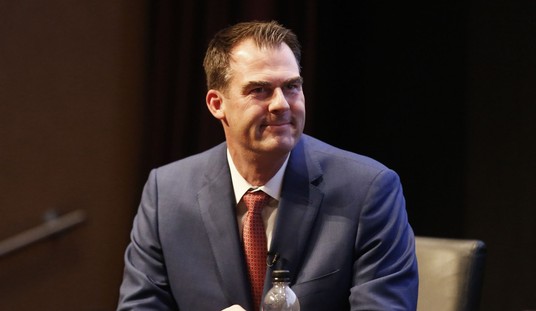A federal judge in New York has dismissed a challenge to the state's requirement that every ammunition sale go through a background check, citing a colonial Virginia statute barring Catholics from owning or possessing arms that he says demonstrates a "national tradition" of keeping guns from dangerous people.
In his ruling, Obama-appointed U.S. District Judge Frank P. Geraci, Jr agreed that ammunition should be considered "arms" that are protected by the language of the Second Amendment, but still found the law in question to be constitutional because it's meant to keep "dangerous" people from acquiring guns and ammunition.
The government offers several historical examples of laws that were enacted to disarm dangerous individuals, but the Court will discuss only one of the many analogues offered. In colonial Virginia, the legislature dictated that no Catholics “shall, or may have, or keep in his house or elsewhere, or in the possession of any other person to his use, or at his disposition, any arms, weapons, gunpowder or ammunition” because it was determined that “it is dangerous at this time to permit [Catholics] to be armed.”
Presumably, Geraci chose to cite that specific statute because it's the closest fit to New York's ammo background check law, even though the two are far different in scope. The Virginia statute is more akin to modern laws prohibiting certain classes (convicted felons and those adjudicated mental defectives, for instance) from possessing firearms than to background check laws of any kind, and it would be grossly unconstitutional under both the First and Second Amendments.
The statute, which was adopted in 1756, was fairly short-lived, and as attorneys Kostas Moros and David Kopel previously noted in an amicus brief in the Rahimi case, it contained a critical exception... one that was completely ignored by the state of New York and Judge Geraci.
At the beginning of French & Indian War in 1756,the royal governor of New Jersey, in defiance of the rights of “the Subjects which are Protestants,” confiscated firearms from Moravians, a Protestant pacifist denomination who owned hunting guns; the governor called the Moravians “snakes” and likely wanted their guns for the colony’s militia. Johnson at 198. Also in 1756, Pennsylvania confiscated “papist” arms to distribute to the militia. 5 THE STATUTES ATLARGE OF PENNSYLVANIA FROM 1682 TO 1801, at 627(Ray ed., 1898).
Virginia did the same. If a person would not sign an oath, his arms would be taken, except those “necessary” for “the defence of his house or person.” William Hening, 7 THE STATUTES AT LARGE;BEING A COLLECTION OF ALL THE LAWS OF VIRGINIA 35(1823).
The Supreme Court has already cautioned judges about looking for support for modern gun control laws before the Second Amendment was ratified in 1791 or after the ratification of the Fourteenth Amendment in 1868, but the date of the statute in question is just one of the problems with Gerasi using it as the basis to uphold New York's ammo background checks. The statute itself allowed for Catholics to continue to own arms that were necessary for self-defense, unlike New York's ammo background check law, which subjects every buyer to undergo a check before they can purchase ammunition.
The 1756 statute was essentially a wartime measure meant to suppress suspected supporters of the French government, but even the colonial legislature didn't prohibit Catholics from owning all arms. There's simply no connection between that statute and New York's modern background check mandate, and if that's the best evidence that New York and Gerasi could cite, it shows just how weak the defense of the law really is.
Gerasi also accepted at face value the assertion from the New York State Police that 98.6% of background checks are completed "instantly" and without delay, even though plaintiffs attested to numerous attempts to purchase ammunition where they were denied because the system was down. Many gun store owners in the state say that delays are more common than not, and that many customers have simply decided to drive across the state line to buy ammo instead.
"The biggest problem with the system is there's more 'delays,' than anything," said Cory, the owner of On Target Firearms in Webster. "80% or more of the answers we get are 'delays,' which means the state needs more time. A customer comes in wanting to purchase ammo because they want to enjoy their sport and then I can't transfer the ammo to them, so delays take anywhere from a few minutes to a few days and customers don't want to wait. The business would lose out on the sale of the ammunition as well as the sale of anything else in the store relating to renting a lane for shooting purposes. We have lost out on thousands of dollars since this happened in 2023."
New York State Police contend that delays happen with fewer than 1% of ammo background checks, which begs the question: what does the agency consider a "delay"? If a background check is processed within an hour, is it delayed? What about by the end of the same business day? Cory's estimated figure of 80% may be a little high, but I have no doubt he can tell the difference between the vast majority of the checks running smoothly and the vast majority experiencing a problem of some kind.
New York State Firearms Association and the individual plaintiffs in question have a strong case if they choose to appeal Gerasi's dismissal, though I'd be buttressing my previous arguments with declarations from as many gun owners and gun store owners as I could find, even though their testimony shouldn't matter. If the state of New York can't come up with a truly analogous statute circa 1791 (or maybe 1868), then the law must be struck down. But with judges like Gerasi intent on conflating apples and oranges to the benefit of gun control advocates and anti-gun lawmakers, the plaintiffs need to not only explain why these 18th-century statutes don't apply... but how today's law is preventing New York gun owners from exercising their Second Amendment rights.









Join the conversation as a VIP Member